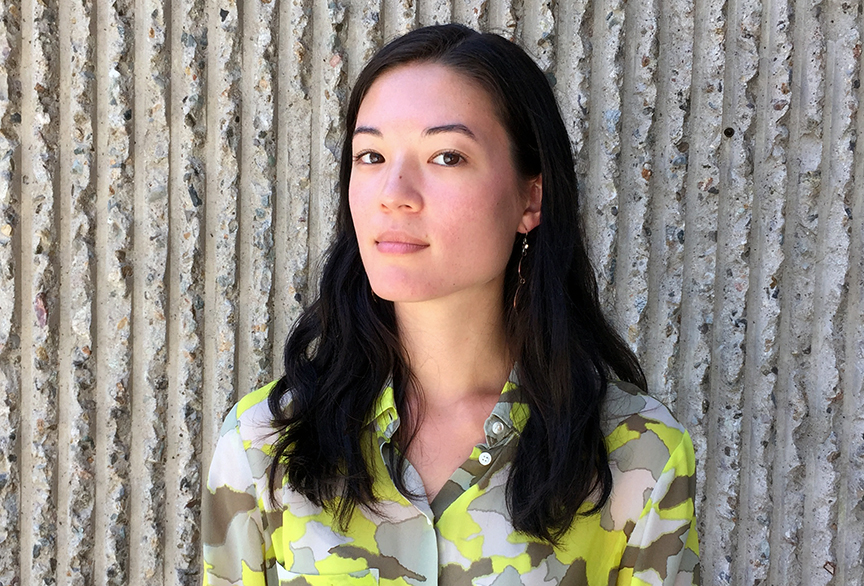We are pleased to announce that Mia Kang is the 2017 winner of Boston Review’s Annual Poetry Contest, selected by judge Mónica de la Torre.
Kang won for her poems “Livy Theorizes the Social,” “Rhea Silvia, Buried Alive (Figure to Ground),” “Mars Falls / Honeymoon Suite,” “Twin II,” and “Auspice.” You can read her winning poems here. She receives a $1,500 prize.
Mia Kang is an Oregon-born, Texas-raised writer, currently a first-year PhD student in the history of art at Yale University. A Brooklyn Poets Fellow and runner-up for the 2017 Discovery/Boston Review Poetry Contest, she is a recipient of the Academy of American Poets’ 2016 Catalina Páez and Seumas MacManus Award, among others.
About her poems, Mónica de la Torre writes:
The lines in Mia Kang’s poems have two sides at least: One points to reading and another points to writing. They have an edge. And they are not to be confused with poems that use the Classics to cast personal drama in a mythological light. Instead, these poems plagiarize the past’s apocrypha and turn its foundational fictions against themselves, reminding us that the patriarchy’s myths are bound for eternal return unless their syntax is exploded. This is precisely what Kang does with the notion of the hero and the vestal virgin whose enforced chastity renders her bodiless, silent. Note how in “Livy Theorizes the Social” “heir apparent” becomes “no one hero is here apparent.” And in the marvelous “Rhea Silvia, Buried Alive (Figure to Ground)” the eponymous speaker declares: “I was a ruled body / with lines wide enough to write between.” We follow suit and read between them.
I am taken with the subtlety and complexity that Kang’s poems pack into their measured forms, tackling power dynamics, inner drives, and reading’s mechanisms. But I am even more taken with their how: with their rigorous purchase on words and with the way in which they put poetry’s devices to the test —repetition, line breaks, word play, polyvalence.I recently came across an essay by Lyn Hejinian from 1976, “A Thought Is The Bride of What Thinking,” in which she writes: “Certain themes are incurable.” Hence, mythology, of course. Yet, who doesn’t ache for a new script?
Boston Review also offers its congratulations to the runners-up, Amy Woolard and Benjamin Garcia. Read Woolard's “WE DO NOT HAVE ANY OPENINGS AT THIS TIME” and Garcia's “Ode to the Corpse Flower.”
Recent past winners:
Cori A. Winrock (2016)
Safiya Sinclair (2015)
francine j. harris (2014)
Scott Coffel (2013)
Sarah Crossland (2012)
Heather Tone (2011)
Anthony Caleshu (2010)
A full list of past winners can be found here.







